Service hotline
+86 0755-83044319
release time:2024-06-26Author source:SlkorBrowse:15869
This article uses a Q&A format to provide a concise, practical, and relatively in-depth explanation of ICs.
What is an integrated circuit?
An integrated circuit (IC) is a type of electronic component that combines several transistors, diodes, resistors, and capacitors on a small semiconductor chip. Integrated circuit electronic components (ICs) are compact and lightweight. They deliver excellent performance while operating at low power levels.
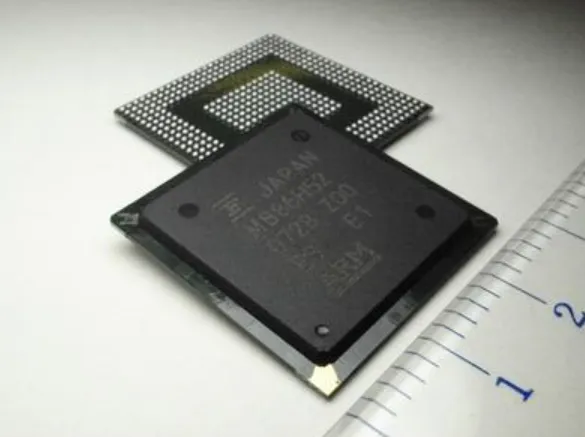
What components make up an integrated circuit?
The components used in integrated circuits are not visible from the outside. They are all built into the semiconductor chip and cannot be removed. Integrated circuits integrate thousands, or even more, of diode and CMOS transistors to accomplish a wide range of functions.
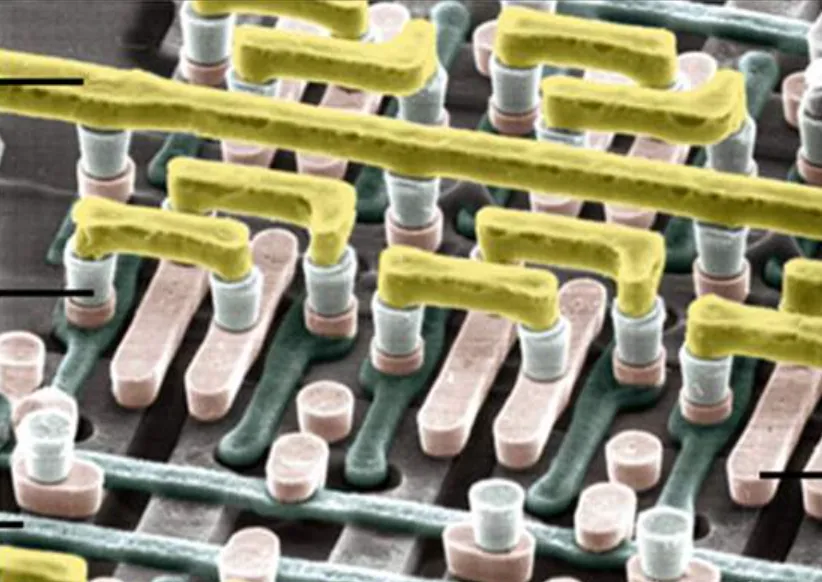
Types of Integrated Circuits (ICs)
According to the external structure, ICs can be mainly divided into the following types:
1. Single Inline Pin Package (SIPP)
2. Dual Inline Pin Package (DIPP)
3. Quad Flat Package (QFP)
4. Pin Grid Array Package (PGA)
5. Ball Grid Array(BGA)
6. Leadless Chip Carrier (LCC) package
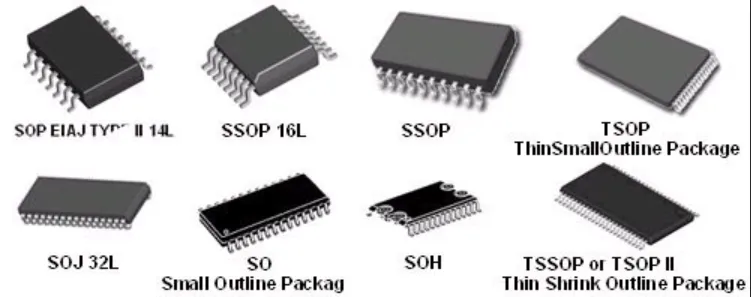
IC Technology Types
Based on the technology, ICs can be categorized into two types:
1. Linear Integrated Circuits —— This type of integrated circuit processes analog signals, with the output signal varying according to the variable input signal.
2. Digital Integrated Circuits —— This type of integrated circuit processes digital signals, producing defined output signals from defined input signals. Depending on the electronic components used, there are various types of digital integrated circuits.
Examples of Digital ICs:
1. CMOS(Complementary Metal-Oxide-Semiconductor )
2. DSP(Digital Signal Processor)
3. DRAM(Dynamic Random Access Memory)
4. ROM(Read-Only Memory)
5. PROM(Programmable Read-Only Memory)
What are the advantages of using integrated circuits (ICs)?
The advantages of using integrated circuits (ICs) are as follows:
1. Integrated circuits are smaller, thus saving space in electronic devices.
2. Integrated circuits consume less power, making them more energy efficient.
3. Integrated circuits are faster and more reliable than traditional electronic circuits.
4. The cost of producing integrated circuits in large quantities is low.
What are the different types of integrated circuits (ICs)?
The different types of integrated circuits (ICs) are as follows:
1. Digital integrated circuits —— These integrated circuits process binary signals (0 and 15) and are used in digital devices such as computers, calculators, and digital clocks.
2. Analog ICs —— These ICs process continuous signals and are used in analog devices such as audio amplifiers and voltage regulators.
3. Mixed-signal ICs —— These ICs combine digital and analog circuits and are used in devices such as smartphones, digital cameras, and GPS systems.
What is the process of manufacturing an integrated circuits (ICs)?
The process of manufacturing integrated circuits (ICs) includes the following steps:
1. Design the integrated circuit layout using specialized software.
2. Create masks or templates for the IC layout.
3. Transfer the mask pattern onto the silicon wafer using photolithography.
4. Etch the wafer to remove unwanted material and create the circuit pattern.
5. Introduce impurities into the wafer, a process known as doping, to achieve the desired electrical properties.
6. Add layers of material to protect the circuit and connect it to other components.
7. Test the finished integrated circuits to ensure they meet the required specifications.
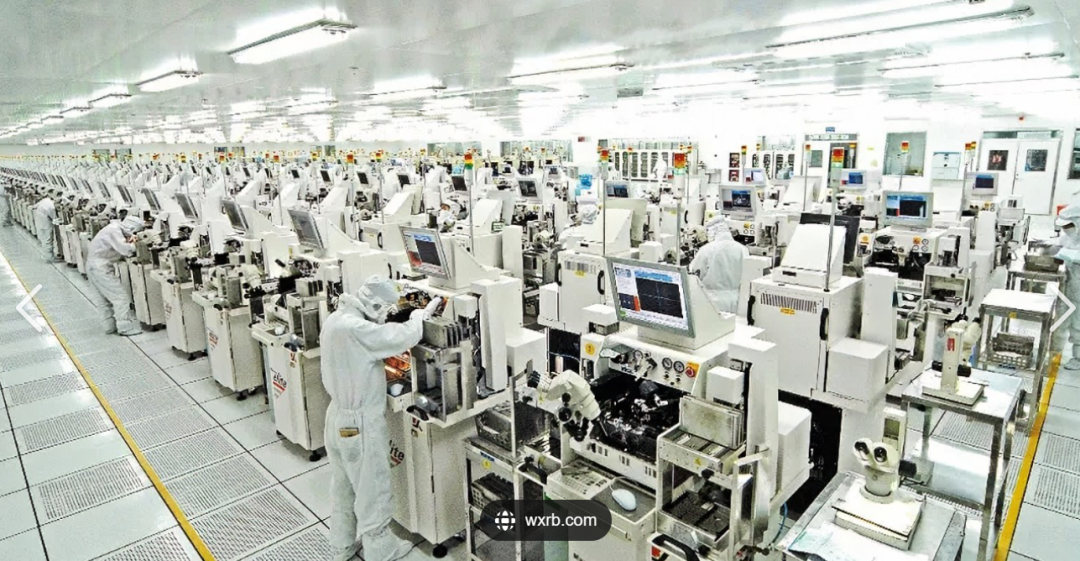
How to Choose the Right Integrated Circuit (IC) for Your Project?
To select the appropriate integrated circuit (IC) for your project, consider the following factors:
1. The type of circuit required (digital, analog, or mixed-signal).
2. The desired performance specifications, such as speed, power consumption, and accuracy.
3. The available package types and sizes.
4. The cost of the IC.
5. The availability of technical support and documentation.
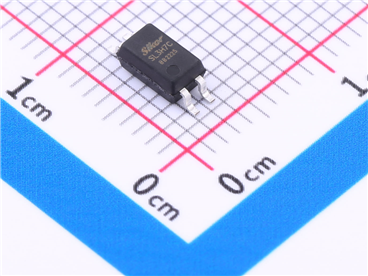
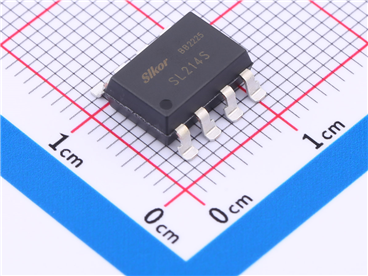
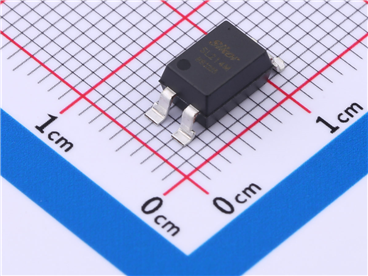






Site Map | 萨科微 | 金航标 | Slkor | Kinghelm
RU | FR | DE | IT | ES | PT | JA | KO | AR | TR | TH | MS | VI | MG | FA | ZH-TW | HR | BG | SD| GD | SN | SM | PS | LB | KY | KU | HAW | CO | AM | UZ | TG | SU | ST | ML | KK | NY | ZU | YO | TE | TA | SO| PA| NE | MN | MI | LA | LO | KM | KN
| JW | IG | HMN | HA | EO | CEB | BS | BN | UR | HT | KA | EU | AZ | HY | YI |MK | IS | BE | CY | GA | SW | SV | AF | FA | TR | TH | MT | HU | GL | ET | NL | DA | CS | FI | EL | HI | NO | PL | RO | CA | TL | IW | LV | ID | LT | SR | SQ | SL | UK
Copyright ©2015-2025 Shenzhen Slkor Micro Semicon Co., Ltd